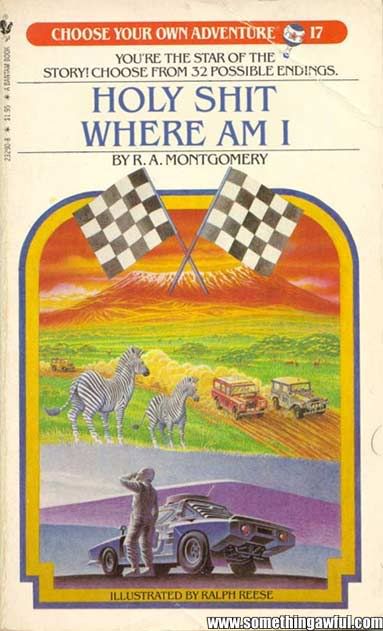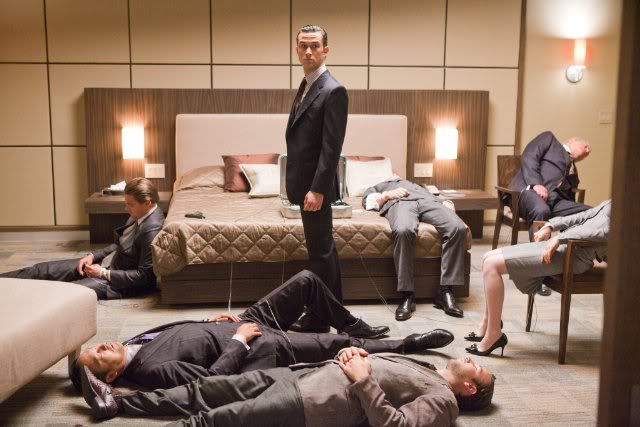
I think e-readers are cool. I like the idea of not having to cart a bunch of books, even paperback ones, onto a plane where weight is always a factor in how much you can carry and how much of a pain in the ass you’ll be to the people behind you. But it’ll be a while before I pick one up, and not just because of budgetary constraints.
For me, a thin plastic device will never have the same feel in my hands as that of a few slain trees and copious amounts of ink.
It’s the same reason I go about revising the way I do. Once the first draft is done, I take advantage of a printer and actually put the words down on paper. Then into a binder or series of folders it goes, to be picked apart with a pen. Words are crossed out, moved, scribbled in the margins. Were I more ambitious/creative person, I might even take scissors to it, revising the work in decoupage form. “Hey, check it out! I turned Chapter Six into this coffee mug!”
Okay, maybe not.
But it’s physical. It’s a real thing. It’s every bit as necessary, to me, as a rejection letter. It’s evidence that I’ve created something. Granted, in first draft and even second draft form, it’s unlikely to be something of stratospheric merit. But it’s still something that sprang out of my imagination, ran right down my arms, flowed into the page and took on a form & function all its own.
My point is that, in order to get the thing organized in a way that it makes a lick of sense to other people, I need to work with it physically. Doing so in a word processor or electronic medium will never quite do it. I might put the revision right back into a word processor, but this middle part of the work, that first transition from raw creation to refined marketable product, happens in the real world, as something tangible, a sacrifice made by the aforementioned pulp and pigments.
Besides, I couldn’t have looked at a scroll bar in an e-reader the same way I did the first five volumes of Scott Pilgrim and wonder where the hell the time went. Both finishing a book and finishing that step of revision are accomplishments, and they feel more like accomplishments worth enjoying if there’s the physical feel of closing the back cover.





